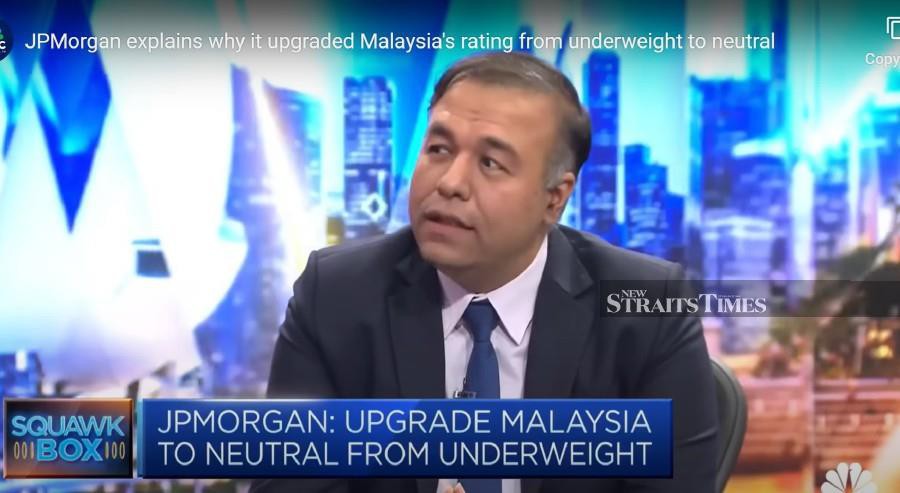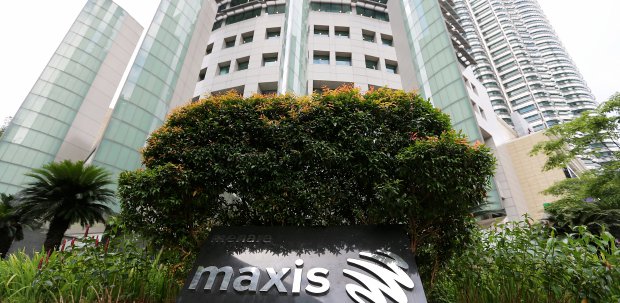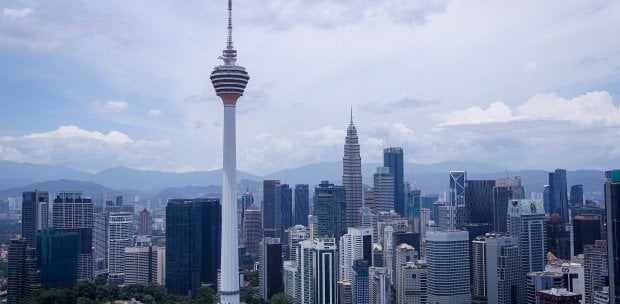KUALA LUMPUR: JP Morgan has upgraded Malaysia's rating from underweight to neutral after almost six years, crediting the country's policy reforms, data centre investments and infrastructure build-up.
In an interview with CNBC yesterday, JP Morgan head of Asia-Pacific (ex-Japan/China), Rajiv Batra said Malaysia's rapid pace of progress was impressive with a 4.2 per cent gross domestic product growth in the first quarter of 2024.
"What was more exciting for us was that all the signs were evident last year. Earnings growth almost tracking a 10-11 percent mark was an upside surprise. We need to give credit to the country, and hence we upgraded our rating to neutral," he said.
Rajiv also spoke about how Malaysia took bold measures in rationalising subsidies, including the recent one on diesel, and highlighted that those who are in need are given monthly cash assistance.
"The people also realise that the money saved on subsidies will be used for productive economic purposes, be it in literacy, re-skilling people, or the progressive wage policies, which Malaysia has tried to take inspiration from Singapore," he said.
He said the current government, which has been in power for one and a half years, are 'walking the talk'.
Among others, he said the government has passed some difficult policies and reforms, citing the launch of the National Energy Transition Roadmap (NETR) and New Industrial Masterplan (NIMP) 2030.
"Most importantly, they went ahead with fiscal consolidation while not sacrificing growth, targeting a growth of 5.0 per cent.
"Look at ASEAN this year, which suffered US$7 billion outflows in ASEAN equities. Malaysia also started on a low note with close to US$150 million to US$160 million outflow in the first quarter, but in the second quarter, foreign investors are back with around US$200 million," said Rajiv.
He said besides a string of data centre investments, Malaysia's journey in the electric vehicle segment as well as green energy is commendable as well.
"Taking all these factors into account, foreign investors are seeing that there are multiple sectors and ideas to play over there," he said.
He added that Malaysia is also one of the big markets in terms of market capitalisation, like Singapore, Indonesia and Thailand.
"We are seeing foreign investors taking some baby steps, but the foreign ownership level is still at only 19 per cent, and has not reached its potential peak of 35-40 per cent yet," said Rajiv.





